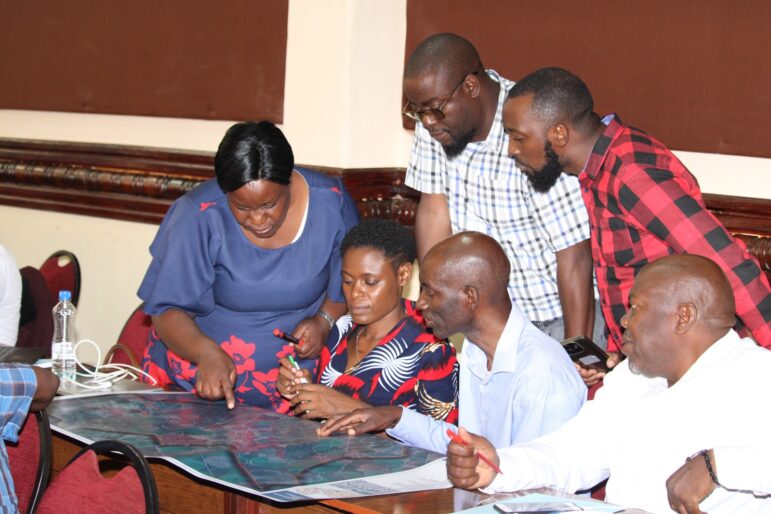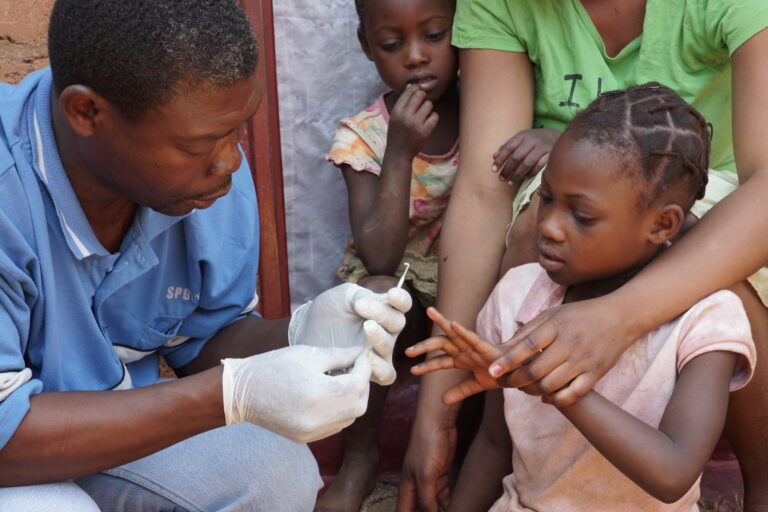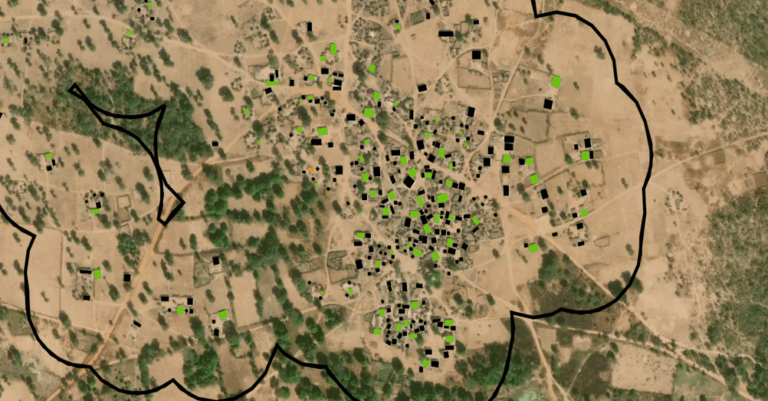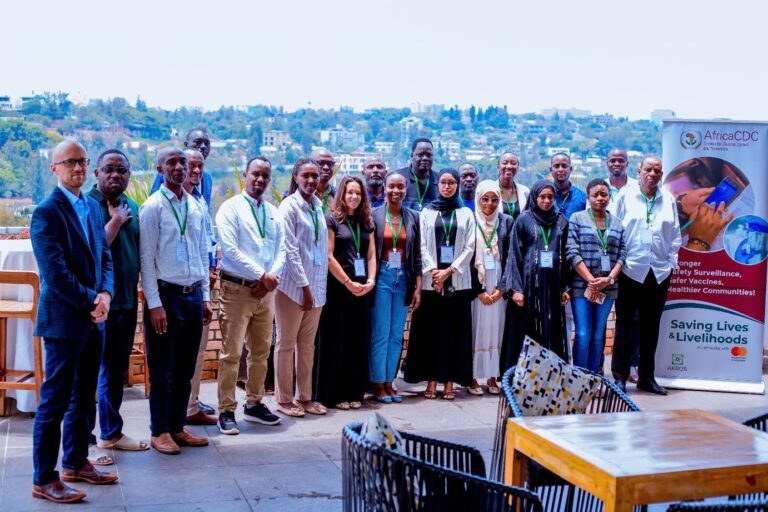In February 2025, Akros and INFORM Africa hosted a foundational training in Abuja for key government stakeholders, including Nigeria Emergency Management Agency (NEMA), Nigeria Agency for the Control of AIDS (NACA), Nigeria Primary Health and Childhood Development Agency (NPHCDA), Nigeria Centers for Disease Control (NCDC), and the Federal Ministry of Health. Participants gained hands-on experience with the Reveal, an open-source spatial intelligence platform that supports the microplanning, implementation, and monitoring of health campaigns; and the Place Resilience Index (PRI) modeling for planning, targeting, and monitoring public health interventions. This is through the INFORM Africa research hub grant to the Institute of Human Virology Nigeria (PI: Prof Alash’le Abimiku) through the NIH funded Data Science for Health Discovery and Innovation in Africa (DS-I Africa) Initiative. The training was led by INFORM Africa investigators: Akros’ Christina Riley and Prof. Olanrewaju Lawal of the University of Port Harcourt, emphasizing geospatial analysis utilizing publicly available datasets in Nigeria and tools including QGIS and R; geospatial visualization of this data for public health campaign risk assessment and prioritization planning; and assignment of prioritized geographies for resource allocation and field team deployment using these geospatial attributes. Pre- and post-training assessments showed participants felt significantly more confident using geospatial tools, and many expressed strong interest in applying Reveal in their implementation workflows such as vaccine and routine childhood immunization planning and delivery, prioritization of antiretroviral therapy outreach and delivery, and flood risk management messaging and prioritization.
A May bootcamp deepened this learning, focusing on the use of agency-specific datasets with overlay of PRI for real-world public health intervention planning.
High-Level Engagement: Stakeholders Meeting and Datathon
A third training event just held in June, brought together senior representatives from partner agencies for a two-day stakeholder meeting and datathon. Trainees showcased applied PRI and Reveal use cases, and breakout sessions allowed participants to refine their technical skills. Inter-agency discussions highlighted the value of Reveal for pandemic preparedness and efficient resource allocation.
IHV-N, the prime of the grant and a key implementation partner and lead national steward of Reveal, reiterated its commitment to championing the platform’s integration into public health systems.
These sessions went beyond theory—empowering participants to apply PRI and Reveal for real-world public health planning, resource allocation, and risk-based targeting.
Why does this matter? In a country as diverse as Nigeria, the ability to see where needs are greatest and act with precision is essential, especially in this moment where disease risk remains high, yet remain further challenged by stringent resources. Geospatial tools like Reveal and PRI make it possible to plan smarter, reach underserved communities, and respond more effectively to emerging health threats. With strong local leadership and cross-agency collaboration, Nigeria is setting the stage for a new era of resilient, data-driven health systems.Building Capacity Through Hands-On Training
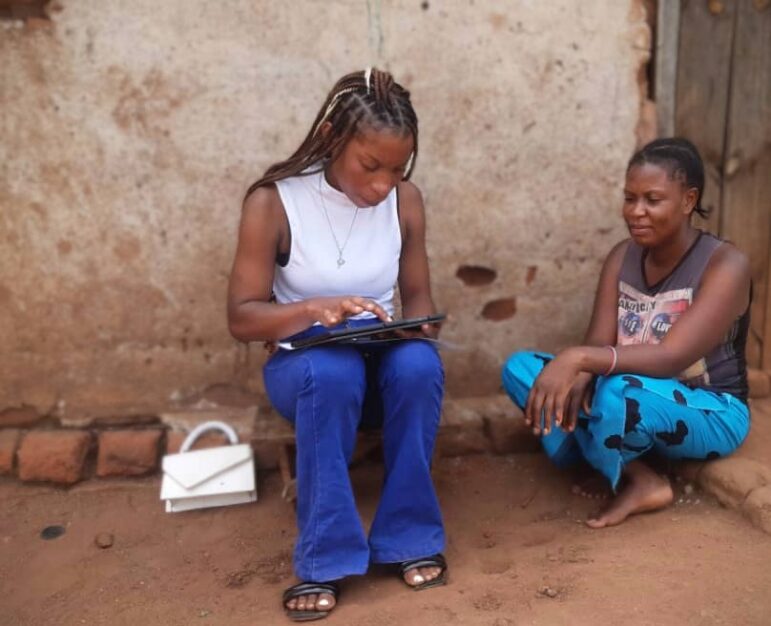
Looking Ahead: Collaboration and Implementation
As the Reveal ecosystem grows, success depends on sustained inter-agency collaboration—particularly through designated Reveal Champions within each agency. Continued engagement is essential to build ownership, foster collaboration, and ensure coordinated use of geospatial tools. To that end, the next phase will include facilitated support to guide the adoption, adaptation, integration, and scale-up of Reveal; strategic planning for sustainability in public health workflows; and expansion of the Reveal Community of Practice to Nigeria in order to reinforce shared learning and alignment. With IHV-N’s stewardship and strong partner engagement, Reveal is poised to become a cornerstone of Nigeria’s data-driven public health future.
